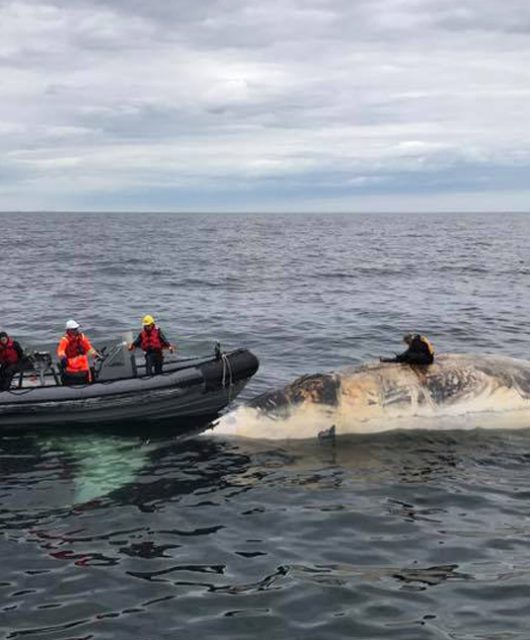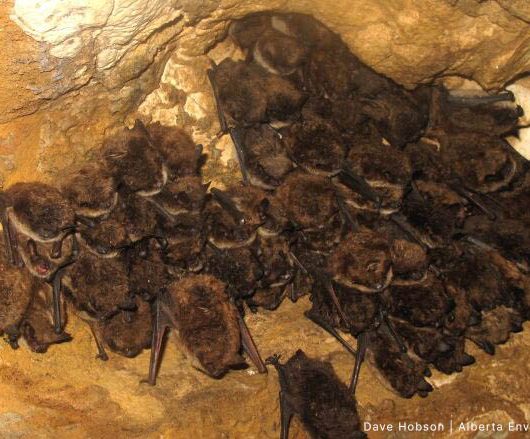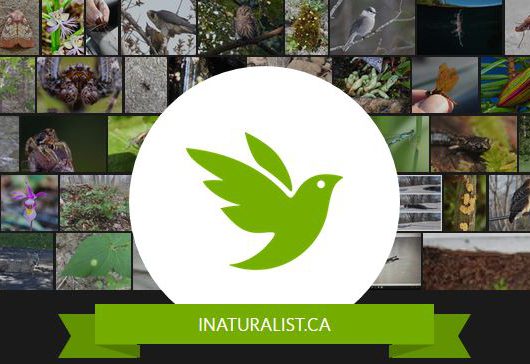This week, CWF’s CEO Rick Bates testified to the Standing Senate Committee on Fisheries and Oceans for better protection for fish habitat.
He recommended three related amendments that build on existing provisions in Bill C-68. Here they are:
Rick Bates, Chief Executive Officer, Canadian Wildlife Federation speaking to the Standing Committee about the Fisheries Act
Good evening, senators, staff and guests. Our organization, the Canadian Wildlife Federation, is known and respected for providing a balanced voice on environment and wildlife conservation issues.
Minister Wilkinson indicated that the government is open to amendments, particularly where they provide improved certainty for proponents and better protection for fish habitat.
We are recommending three closely related amendments that build on existing provisions in the bill. They strengthen certainty for industry and improve fish habitat across Canada. Our amendments focus specifically on the mechanisms within the Fisheries Act for offsetting harm to fish habitat. These three amendments are:
First, we propose expanding the ability to create habitat banks to more than just project proponents; in other words, allow any organization to create a habitat bank and then sell the credits to the project proponent.
Second, complement this by allowing the payment of a fee in lieu of doing an offset for certain projects and dedicate all revenues collected to aquatic habitat restoration. The Environmental Damages Fund already exists and could be used for this purpose.
Third, clarify in law that fish habitat destruction authorized under the Fisheries Act can be offset by the proponent creating the offset themselves, buying the offset from a habitat bank, making a payment in lieu or a combination of these three.
I want to clarify that Bill C-68 includes new provisions for habitat banking. However, as currently written, the bill limits the opportunity to create a habitat bank exclusively to project proponents. In other words, if you plan to build a road over a series of rivers, only you as the developer can create new habitat as a bank to offset the habitat you may destroy in the future. DFO will then award you credits for that restored habitat, which you hold in your bank until you can use those credits to offset any damage from the roads you build.
The main problems with this are that it requires the developer to invest a lot of money up front to create the bank of habitat credits. But these developers are not in the business of habitat banking, so they are unlikely to want to tie up capital in habitat restoration. This means that the actual creation of habitat banks will be very limited.
Offsets must last a very long time, essentially in perpetuity. This means that the developer will need to monitor and maintain that offset over its lifespan, which diverts their focus from their core business.
These ideas are not new. Habitat banking has existed in the U.S.A. since the 1980s, in Germany since 2002 and in Australia since 2008. Our proposed changes will have many positive impacts, including, for proponents, they increase certainty for projects, as developers could purchase an offset credit that has already been approved by DFO or pay a fee. This eliminates questions of whether their offset will meet DFO’s requirements. Plus, they gain the certainty of knowing their costs up front.
This will also get faster project approval because developers won’t need to spend time and money to design, develop and wait for approval from DFO. They simply buy an offset.
For local economies, establishment of a new sector, habitat banking companies. These could be operated by private companies, Indigenous people or non-government organizations. It will also help limit the growing bill that taxpayers will eventually have to pay to restore aquatic habitat.
For our lakes, rivers and coasts, habitat banking can pool offsets from multiple projects to allow for larger-scale habitat restoration and greater gains for fish production. Fees paid in lieu of doing an offset would be earmarked specifically for habitat restoration.
We see the many benefits of these amendments as easy to capture, as we believe the administrative impact on DFO is very manageable. The concept of habitat banking is already in the bill, so implementing third party habitat banking would be incremental to work DFO already needs to carry out.
DFO already has to monitor offsets created under the act and to enforce authorization conditions. It may actually take fewer DFO staff to monitor a few larger habitat banking projects than to monitor many individual offsets.
In closing, I’d like to thank you for your work here today and for your work on this important bill.




